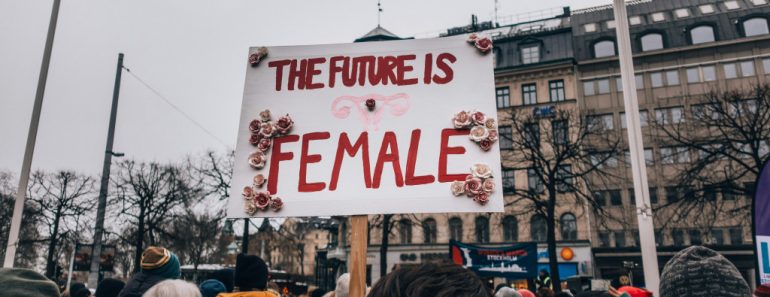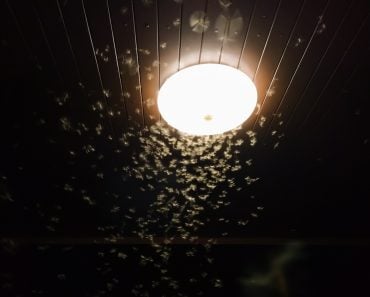


How Are Memories Formed And Recalled?
April 16, 2024
Psychology

Were Pirates The Revolutionaries Of The High Seas?
April 15, 2024
Sociology

Why Is Shakespeare Still Taught In Schools Today?
April 14, 2024
Economics

Why Does Sleep Deprivation Cause Body Aches?
April 12, 2024
Psychology

Why Were Lawless Pirates Bound By Codes Of Conduct?
April 8, 2024
Sociology

Why Are Insects Attracted To Artificial Lights?
April 3, 2024
Zoology

Why Are There More Men In The World Than Women?
April 2, 2024
Economics

How Is Einstein’s Theory Of Relativity Related To GPS?
April 1, 2024
Physics

Can High Heat Really Fry Your Electronics?
March 25, 2024
Technology

Does Time Dilation Affect Super-Accurate Clocks?
March 18, 2024
Physics
